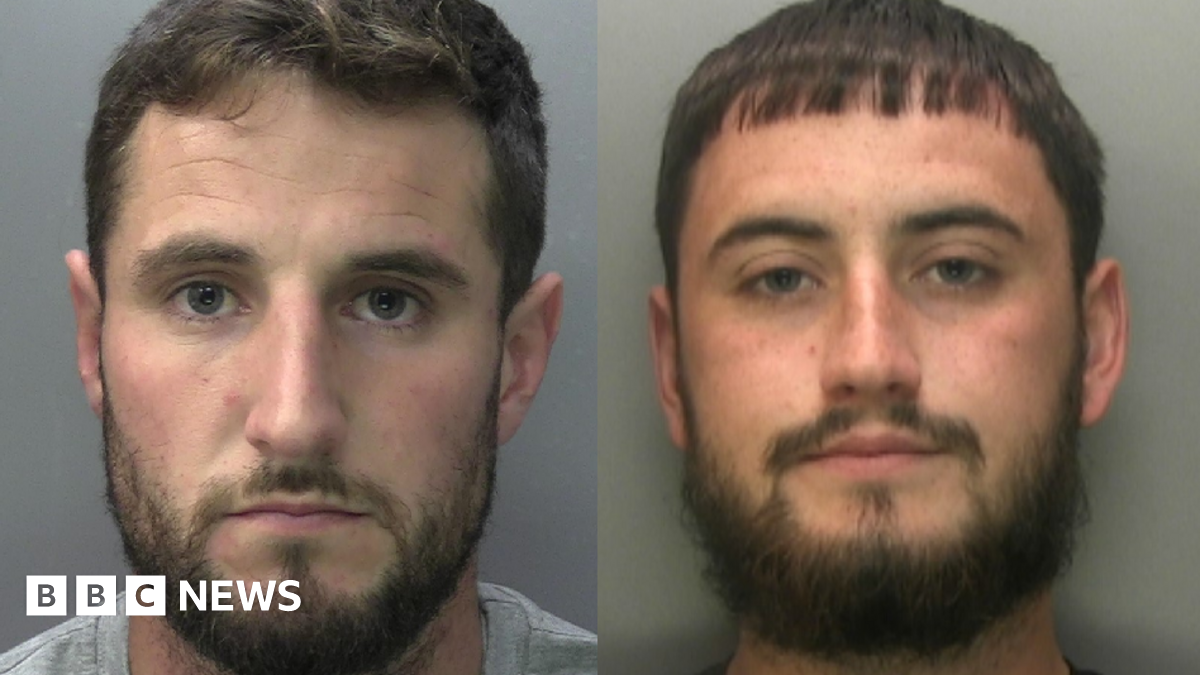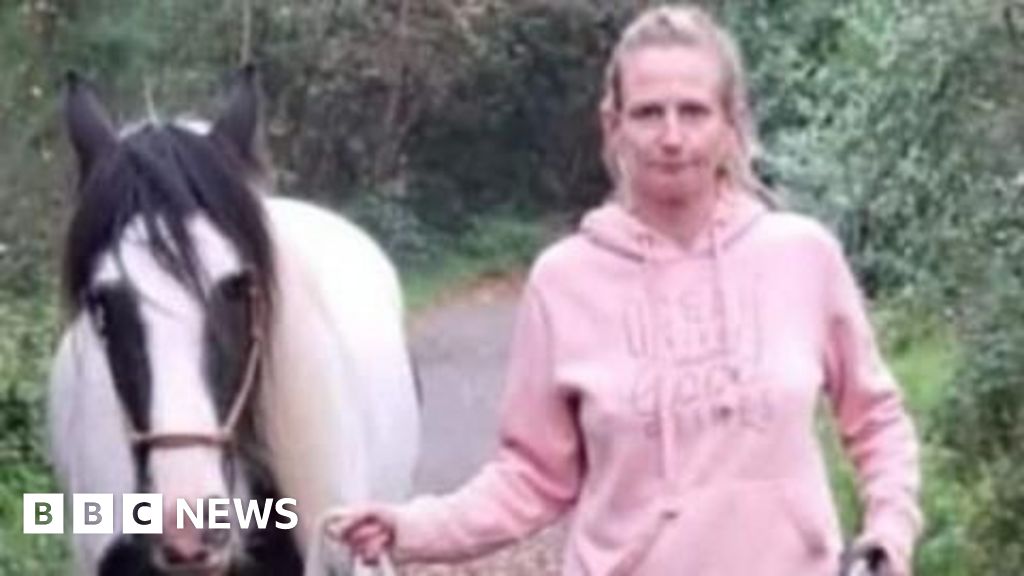Edmonton Man Convicted of Murder Seeks Early Release Under 'Faint Hope' Clause
George William Allen, convicted of first-degree murder 20 years ago for the death of Garry McGrath, is seeking an early release from prison in an Edmonton courtroom this week. Allen has been incarcerated since 2005 and is now appealing to the court to be considered for parole under the "faint hope" clause.
The Murder of Garry McGrath
Garry McGrath went missing in February 2004. His body was discovered 20 months later, buried on Allen’s acreage east of Edmonton. Allen admitted to killing McGrath, claiming it was self-defense during a dispute over firewood storage. He initially claimed McGrath attacked him with a chainsaw, resulting in a hand injury.
However, these claims were later undermined by admissions Allen made to undercover RCMP officers during a Mr. Big sting operation. McGrath's truck was found abandoned at West Edmonton Mall ten days after his disappearance. In October 2005, his body was exhumed from Allen’s 92-acre property near Antler Lake in Strathcona County. The body was wrapped in plastic, and his hands and neck were zip-tied. The medical examiner determined the cause of death to be either strangulation or blunt force trauma to the head.
Understanding the "Faint Hope" Clause
A first-degree murder conviction in Canada carries an automatic life sentence with no chance of parole for 25 years. Allen has served 20 years and is petitioning to apply for parole under the "faint hope" clause.
The "faint hope" clause was introduced after the abolition of the death penalty in 1976 to provide inmates serving mandatory life sentences with an incentive to maintain good behavior. Under section 745.6 of the Criminal Code, prisoners serving life sentences without the possibility of parole for 25 years can apply for parole after 15 years.
- The application is reviewed by a judge and then a jury.
- Factors considered include the nature of the offence, the applicant's character, behavior in prison, and information from victims.
- A unanimous jury vote is required to grant parole.
Allen's Plea for Rehabilitation
Allen has unsuccessfully appealed his conviction and sentence in the past. He is now arguing that he has demonstrated significant rehabilitation during his time in prison. His defense team claims to have evidence of decades of rehabilitation efforts, asserting that Allen has gained the trust of correctional staff and now mentors younger inmates.
Allen testified that he would have handled the fatal altercation differently had it occurred after he attended rehabilitation programs. He has also faced numerous health challenges while in custody, including prostate surgeries, open-heart surgery, and treatment for stage 4 bladder cancer.
The Hearing and Allen's Future
The hearing is expected to last approximately three weeks. The Crown will present its arguments on Wednesday, and witnesses supporting Allen's application for parole are scheduled to testify.
Allen will be eligible for full parole on October 5, 2030, when he will be 78 years old.
| Key Details | Information |
|---|---|
| Victim | Garry McGrath |
| Convicted | George William Allen |
| Crime | First-degree murder |
| Sentence | Life imprisonment with no parole for 25 years |
| Hearing | Seeking parole under the "faint hope" clause |
 Visit the website
Visit the website







